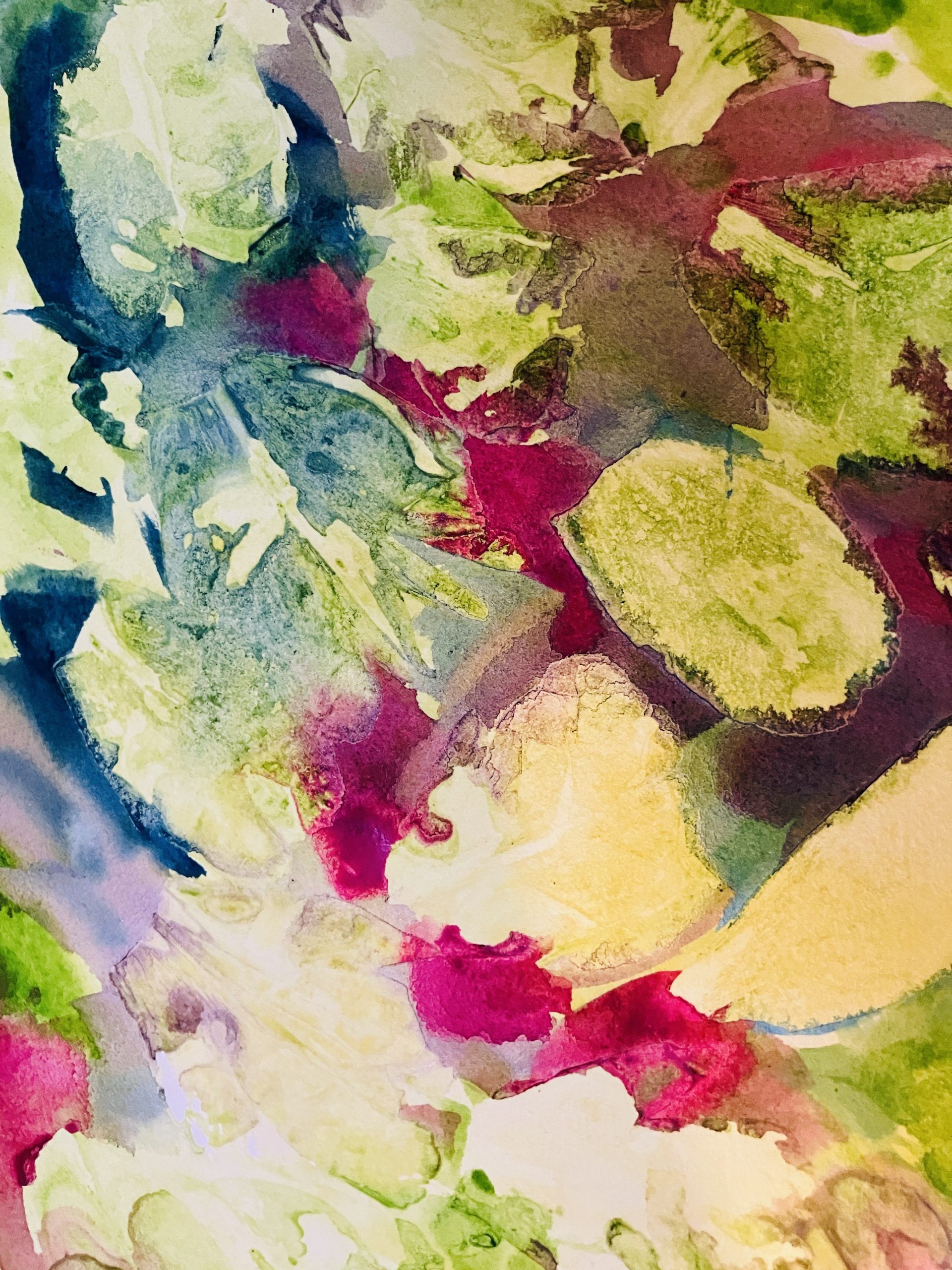Poetry

John Lennon at the Old Marquette Inn
Last night he was talking to Federico Fellini
in the bar on chili night, who told him “I’m not afraid
anymore of telling the truth.” John Lennon was celebrating
his 84th birthday, as if the years no longer mattered.
He wanted his whiskey. Like Jim Harrison, I said,
who wasn’t actually dead like everyone else.
His poems scared all the birds from his head.
“Fear makes for good servants.”
His body spun on his stool and the Liverpool boy
talked about Lake Superior singing outside.
Angry waves exploded in his chords
on a Gibson he had left out all night in my car.
It had an ugly sound that suited his darker edge.
His wire-rims were replaced by designer shades now,
all his shirts made in Rome. He cursed when his tie
dove into a chili bowl and stained his Piero Gherardi suit.
When Fellini had told Lennon about his wife in bed
his eyes opened wide, ready for outer space.
John slept alone with the television on.
Some nights he asked me to join him. We read
Harrison’s poetry of birds and rivulets
flowing between a woman’s legs
in her walk through Mulligan Creek.
John Lennon suddenly splashed on some trousers
and explained he was going to knock on Fellini’s door.
The Beatle standing alone on the fourth floor
would catch my nineteen-year-old girl walking to the bathroom.
She would smile at him just when we happened to see
Jim Harrison with his manual typewriter
telling us he was going to write a novel on the hotel roof.
The ingredients were the stars, he told Lennon,
as if he wanted one more song from him
to sing of a woman’s body bathing in a stream.
Forgiveness
A patchwork field of weeds
and memories
mighty oaks resolute as maggots
writhe
your voice & mine
echo in distortions
though puddles only reflect
my face
Thunder claps and dead
wood burns
lightning strikes and
rain sizzles
it’s monsoon season in tornado alley and
I’m planting saplings with absinthe
& moon bearing witness
Seasons wax & wane but
I only age
my beauty growing
in a straight
line
these trees have grown & they
still sing your name
Claytor Lake
Slivers of trout break the lake
open, their swift disappearance
like the silence after a question.
It’s quiet. Blessedly so. Steaming
mist skims the water’s surface,
morning light oranges the poplars
and I am thinking about my son,
his breath and his skin’s warmth.
He’s small. Vulnerably so. Acorns
become oaks, fog melts to clarity,
this wide world wakes to sounds:
blue heron yelps, the rasp of grass-
hoppers, a clique of croaking crows,
the plop-plop-plop of smallmouth
bass leaping into the unnamed, and
my child on the porch, his joyous
shrieks of aliveness approaching
something nearing an answer.
Cotton Candy Poverty
I regret growing up,
getting older and forgetting
the warm embrace of childhood.
I regret simply agreeing
that once I am a certain age
I must forget running barefoot
and climbing my favorite tree.
I regret even thinking
those hot summer days
wearing a sleeveless striped shirt
were ever even childish.
I miss the feeling of hot sun
and the combination of sweat and dirt.
The late sunsets and bittersweet sticky
fingers simply brought to a halt.
Those grand empty fields,
where I once saw great armies,
are now just empty fields.
To stick my head out the window
and feel the wind on my face,
to see the blue sky
and white clouds,
was once the thrill of a lifetime.
It is now just a forgotten memory.
I regret ever thinking
about how people would judge me.
I forgot about my imagination
and instead,
Gained some heartbreak along the way.
I traded the innocence of childhood
For a thing called “life”.
And yet,
I’ve realized
that my biggest regret of all,
was ever having a regret
in the first place.
Sick Smells
The distance between loss and avoidance
is measured in phone calls
and the gap between visits
and the negative space between
each beep of the machine
and the difference in the smell
of sickness and decay.
Maybe they both smell like flowers.
Raise Every Voice, Except Not You, Fat Boy, You Stink
Start in G, she said
standing before us on a plywood pedestal
no, that was a lectern, us on plywood
steps, no those are called risers &
choir practice has begun.
How do I stand?
May I jam my hands into my hungry pockets
of worry, of embarrassment, of yet
another class to kill the time from
seven-thirty to eighteen years of age?
Deep breath, she says. Deep.
All boys here, unlucky you &
wait for someone else to lead
because I don’t know the song &
I don’t know how to diaphragm
breathe, how to rise to my pre-
pubescent range only boys have &
no, I don’t know, have no idea
where G is.